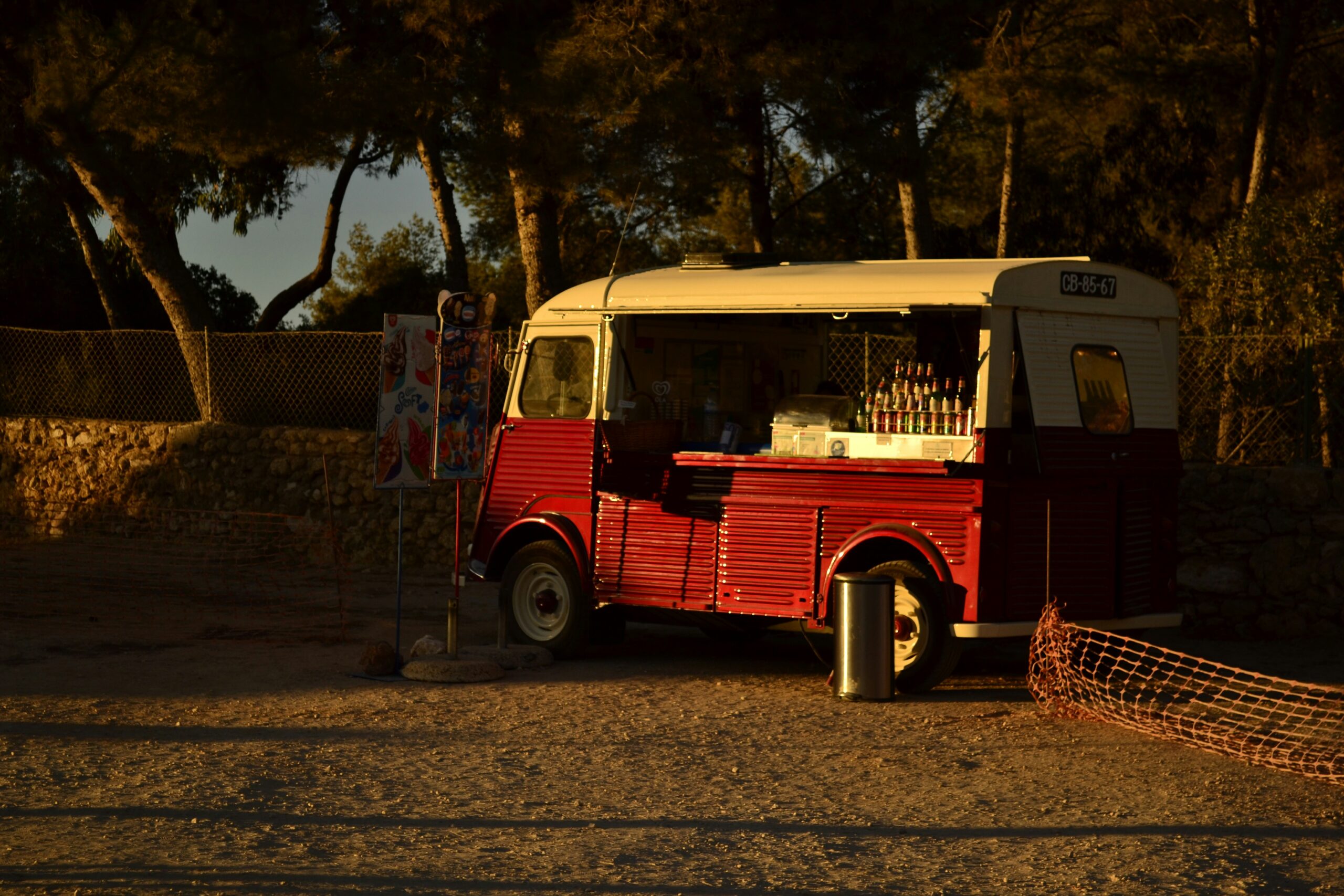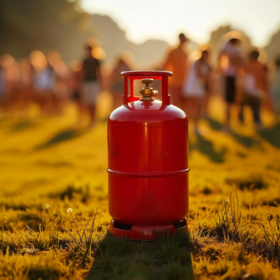Digital Food Safety System
Save time, reduce hassle and keep your business inspection-ready.
Are you doing everything within your means to make sure your catering business is gas safe? Find out what the law says about gas safety in mobile catering businesses and complete the NCASS gas safety checklist to keep those around you safe when it comes to gas safety.
If there’s any gas safety information you need but you can’t find it here, please don’t hesitate to give the NCASS Support Team a call on to get your questions answered.
Failing to take gas safety seriously runs the risk of causing disastrous and potentially major incidents.
There have been several fires and gas explosions reported recently in outside catering units, particularly gazebos, stalls and tented structures. Doubtless many others have gone unreported as well.
When you run a mobile catering business you accept the responsibility to do your utmost to keep everyone around you as safe as you possibly can. That means looking after your customers, your staff and, of course, yourself with appropriate and recommended gas safety practices.
The trade association for the LPG and renewable liquid gas industry, Liquid Gas UK, is highlighting the importance of choosing and using the right cylinder for indoor heating as autumn weather closes in.
In line with Gas Safety Week, this edition of LPG Safety in the Spotlight will focus on what to do in an emergency.
We have been liaising with Gozney to clarify the suitability of their appliances in this environment and to identify appropriate solutions. Gozney’s official position is set out in the following statement.

In this edition of LPG Safety in the Spotlight we wanted to highlight the fact that not all gas appliances are suitable for indoor use, which means they may not be suitable for use in a converted trailer, vehicle or other indoor structure or internal space.

Within this feature we will be focussing on gas safety in gazebos and the challenges that the warmer weather can bring.
Find out moreDon’t do gas repairs yourself! DIY repairs may satisfy a short-term solution but your attempt to repair an appliance may have direct consequences, whereby someone could get hurt or property could be damaged.
Find out more
All appliances used in mobile catering and street food must have flame failure devices fitted. For example, water heaters, boiling rings, cookers, fryers, grills and pizza ovens etc.
When it comes to LPG, we all have a collective responsibility to keep things safe and uphold standards to promote best practice and safeguard the sector.
We previously focused on the safe connection of cylinders with flexible hoses. The safe connection of cylinders also requires the inclusion of an isolation valve, to isolate the gas quickly and safely in the event of an emergency.
This week’s LPG Safety in the Spotlight focus will be on the safe connection of cylinders with flexible hoses.
Flexible hoses are only suitable for connecting cylinders in temporary structures.
Download our free PDF guide to learn essential tips for safely using gas cylinders. Keep your business secure and your community safe with practical advice for Gas Safety Week.
Download
Find out what the law says about mobile caterers using LPG and make sure you’re compliant.
Find out more
Do you know exactly what you’re doing when it comes to gas safety? Keep your staff, your customers and yourself safe by making sure you’re doing everything the right way with this handy guide.
There are several dos and don’ts when it comes to finding Gas Safe engineers.
Specialising in LPG, they are able to provide advice and technical support to NCASS members on what equipment you need to be using to operate safely.
Find out more
We regularly encounter issues with LPG and have concerns about its use. As the outdoor hospitality & mobile sectors continue to grow, so does the use of LPG and consequently the challenges surrounding its safety.
Find out more
Gas cylinder regulators are crucial devices that reduce high-pressure gas from a cylinder to a lower, usable pressure for appliances and equipment.
Within this LPG Safety in the Spotlight feature we will be focusing on safe and suitable means of transporting LPG cylinders.
Many cylinders are being transported in haphazard and incorrect conditions. This can be extremely dangerous!